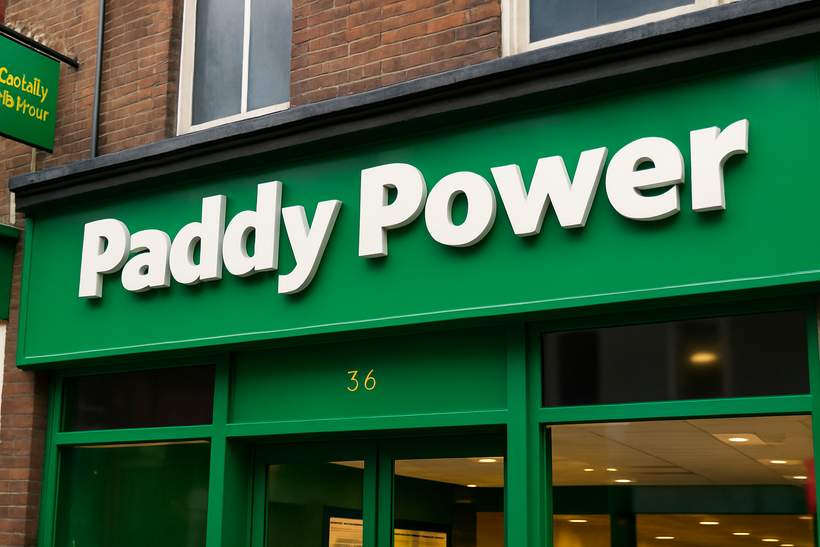Former Paddy Power CEO Advocates for Increased Gambling Taxes to Curb Harmful Betting Practices

Former Paddy Power CEO Urges Tax Hikes to Address Gambling Harm
Stewart Kenny, the founder and former head of Paddy Power, has called for higher taxes on gambling companies. He believes that increasing taxation could help reduce the promotion of risky betting behaviors that contribute to addiction.
Reflection on Industry Role and the Need for Change
Kenny recently spoke to members of the Treasury Committee, highlighting how gambling firms have shifted their focus from sports betting to more addictive online casino games by using incentives like free spins. He expressed concern about the negative impact this has on younger players who may develop gambling addictions.
Having led Paddy Power from 1988 until 2002 and serving on its board until 2016, Kenny admitted regret over his involvement in the expansion of online gambling. While he still views betting as a form of entertainment, he criticized the industry’s increasing focus on profiting from addiction rather than offering enjoyable experiences. To counteract this trend, he suggested that raising taxes on casino-style gambling and online slots is essential to encouraging companies to refocus on traditional betting markets, such as horse racing and sports events.
Debunking Job Loss Concerns in Tax Discussions
Kenny dismissed industry warnings that higher taxes would lead to job losses or a surge in illegal gambling as scare tactics similar to those he once used during his time in the betting sector. He pointed to Ireland’s experience, where doubling the betting tax in 2019 coincided with an increase in government revenue from €52 million to €95 million. He emphasized that the gambling industry has enjoyed substantial profits for many years and that modest tax increases would not necessarily result in workforce reductions.
As speculation grows about potential gambling tax measures in the upcoming budget announced by Chancellor Rachel Reeves, organizations like the Institute for Public Policy Research estimate that changes to gambling taxes could raise up to £3.2 billion and support efforts to alleviate child poverty for around 500,000 children.
Industry Resistance and Market Realities
The Betting and Gaming Council, representing major operators such as Flutter Entertainment and Evoke, warns that higher taxes could lead to the closure of betting shops and threaten up to 40,000 jobs. Flutter, the owner of Paddy Power, recently announced plans to close 57 bookmaker locations in the UK and Ireland due to rising costs and difficult market conditions. Some industry leaders, including Betfred founder Fred Done, have expressed concerns that new taxes could result in widespread shop closures.
However, Kenny countered that the decline in betting shops is driven largely by broader business factors rather than taxation. He urged policymakers to consider these nuances when debating gambling tax reforms to strike a balance between public welfare and industry sustainability.